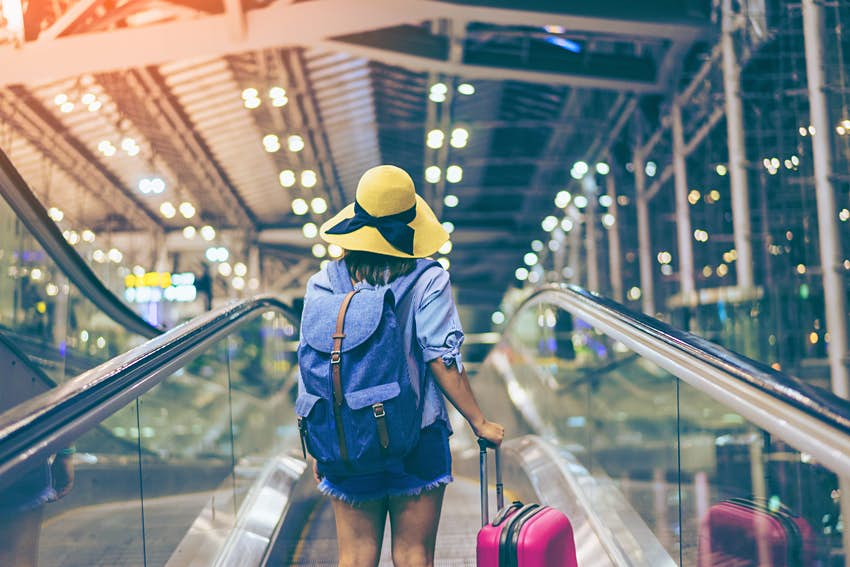– Angana
Now more than one year has passed – almost from the beginning of 2020- the life of the most dominant species of this planet has been under the grip of the covid-19 pandemic. This epidemic has badly hit not only our bodies but also our mind. The human mind is not keeping well; many people are suffering from severe mental health conditions. The sky of our mind has become shrouded with feelings of insecurity, uncertainty, anxiety, depression, fear of death – from children to the elderly – perhaps nobody is spared.
Side effects of the Covid – 19 Pandemic: Challenges to the physical mobility
The scientific research finding that the coronavirus infection is a contagious disease which has started to regulate our lifestyle during this period. If the spread of infection cannot be arrested, the situation would become virulent; we cannot let harmful viruses colonize our bodies. As a result, many various restrictions have been imposed on our day-to-day life to protect ourselves. This form of life is totally unfamiliar and unprecedented to all of us. And sadly enough, this different lifestyle is being called ‘new normal.’
One of the most critical aspects of this ‘new normal’ life is restricted physical mobility in public/social space, as maintaining social/physical distance has been identified as one of the powerful tools to arrest the spread of this infectious disease. Hence, the need has been felt to control and curtail our free and arbitrary movements. Society vis-a-vis state mechanisms have deployed various means to keep watch on and monitor an individual’s movements.

Yet these days, contemporary urban life had come to accustom to enjoying the flavour of freedom with free, unrestricted physical movements and self-regulated activities. Any kind of state or society-imposed injunctions generate a sense of resistance and conflict in the awakened minds of 21st century people.
Having come out of the inertia of unquestionable compliance, individuals of today’s world find the meaningful presence of their independent selves in the acts of protest and opposition. This is eventually reflected through various organised protests, debates, and attempts of disobedience and violation of restrictions and protocol advisories issued to maintain health and hygiene during this ongoing pandemic in multiple corners of the globe. Because of their lack of awareness, some people are showing their disregard for the entire Covid pandemic situation. Also, there are people whose struggle for survival is so very challenging that they cannot afford to sit at home to abide by the regulations of maintaining physical distance and avoiding exposure to the public domain.
Almost all individuals are finding it difficult to accept the compelling closure and stalemate of homebound life that they have been thrown into by restricted physical mobility due to this pandemic. This sense of confinement is creating stress on their minds, which is affecting their mental health badly.
All these floating thoughts in my mind fetch many other thoughts along with them. Some hitherto forgotten thoughts have surfaced out of the oscillation that is going on in me between dynamism and stagnancy. The repetitive mundane life had covered them up from my sight until recently.
Physical Mobility of the Human Beings
Human science claims that human beings are the most evolved species on this planet and the best of all creations of nature! Human consciousness is the most developed, and therefore, human thought, understanding and senses are the finest among all other species of life. Human language – sign, words, gestures, or any other medium, through which humans express their thoughts and feelings, interpret other minds and external worlds in their terms, is also the most advanced one. This species experience the feeling of bondage in the state of immovability and immobility.
Stagnation, getting stuck in one place and lack of dynamism make humans unhappy, and take away their vivacity. To a species that can change their geographical location at their own wish and will, changing physical position, moving from one place to another, mobility of body are prerequisites of freedom. Unrestricted mobility of both mind and body keep human beings lively, cheerful and enthusiastic.
But interestingly enough, this same species of Homo Sapiens, at some point of evolution, chose to settle down in one particular place to build up a durable/temporary shelter at the cost of their nomadic life. It took resort to stability in life and bid adieu to the once ever-volatile lifestyle. Since then, a permanent abode, a protected shelter, has started to provide a sense of psychological security to them, which helped them cope with the outer world’s sheer uncertainty. Thus not having a stable residence has become one of the basic existential crises of present-day human life.
Recommended Read: Covid -19 thoughts of a medical professional.
This crisis gives rise to various feelings of insecurity among the dwellers of today’s earth. The sense of security in recent civilized people has become inseparably attached with the assurance of a consistent place of dwelling. The episodes depicting the sufferings out of displacement and homelessness uphold one of this civilization’s major and serious community exigencies. In this way, contemporary human individuals carry inside them the dilemma of motion and rest, immobility and physical mobility, dynamism and stability, change and stagnation.

Perhaps, when the human beings said goodbye to the nomadic life to deal with the uncertainty, contingency, and suddenness of external reality, they started to feel in themselves their dynamic, change-loving spirit more and more. Whenever this spirit gets dampened, humans feel lifeless, depressed and gloomy.
Continued in Part 2

